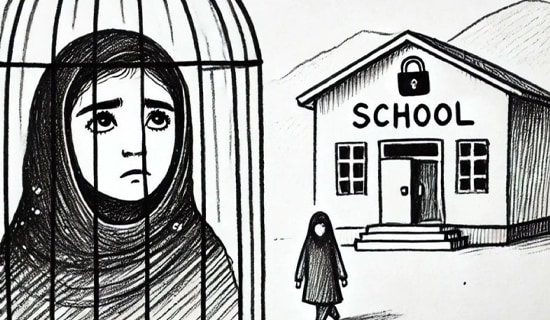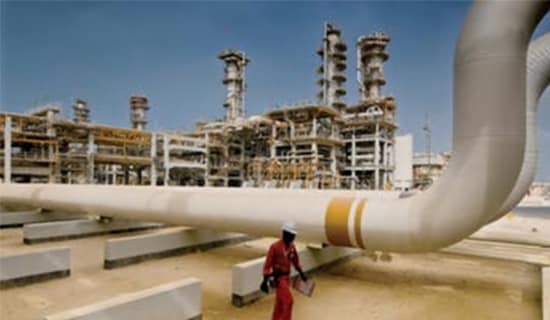
Iraqi politician and independent liberal cleric Sayyed Ayad Jamal Al-Din accused Iran of involvement in an attempt to assassinate him on the night of August 2, when an explosion occurred in the garden of his home in Baghdad's Al-Chaderiya area, either as the result of a missile fired or a bomb planted there. The explosion caused Jamal Al-Din and his guests minor injuries. This was the sixth attempt on his life, with the first one in Tehran in 1981.
Jamal Al-Din pointed the finger at Iran's Islamic Revolutionary Guards Corps (IRGC) Al-Quds Brigade head Qassim Suleimani, whom many Iraqis view as a powerful figure in Iraqi affairs. He said that Iran does not tolerate a single Iraqi voice that opposes the concept of velayat-e faqih (the Rule of the Jurisprudent, a post currently occupied by Iranian Supreme Leader Ali Khamenei), particularly if that voice is a Shi'ite voice. Jamal Al-Din also accused the Iraqi security forces of failing to investigate the attack.
Jamal Al-Din is a turbaned Shi'a thinker and politician, but who advocates intellectual and political positions that oppose the use of religion and sectarianism, and calls for secularism in Iraq's public sphere. He is known for his critical and public position against Iranian interference in the affairs of Iraq.
Jamal Al-Din said that he held Khamenei "morally, religiously, and legally responsible for all that happens in Iran, Iraq, and Lebanon, and for the bloodshed of innocent people spilled by armed militias supported by the IRGC."
Jamal Al-Din also accused the Syrian regime, the strong ally of Iran, of undermining the security situation in Iraq by supporting armed groups that refer to themselves either as "resistance" or Al-Qaeda.[1]
- For more on Jamal Al-Din, see http://www.memri.org/subject/en/821.htm
[1] Al-Sharq Al-Awsat (London), August 4, 2011; Al-Sabah al-Jadid (Iraq), August 7, 2011.




